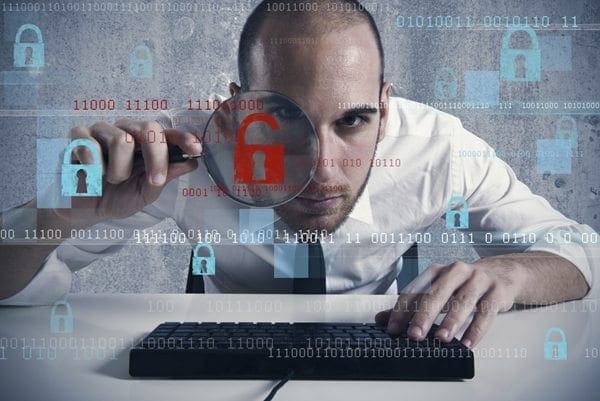While we’ve discussed pandemic plans and various guidelines for security and business executives to put into place as COVID-19 shifted the workforce to remote working, we have yet to share an overall checklist of things you can do to set your security strategy on course with remote working long-term.
With the last quarter of the year settling in and the COVID-19 outbreak affects still at hand, various studies have pointed to businesses keeping their workforce remote for the remainder of the year, but also longer into the new year and moving forward as long as they stay in business. This means, there is no better time than now to tweak your security strategy accordingly, and to close the year strong, as well as begin the new year strong too.
Success is established when businesses can easily and readily adapt to new and adverse situations, and cybersecurity has always been one of those areas that companies have had a challenge doing this with; especially establishing a long-term holistic strategy. This is why we do our best to simplify the cybersecurity struggle with every blog article we write.
To get started with your checklist, let’s take a look at the one thing that all companies need to conduct business operations. No matter how big or small the company is, what do you need to do business (besides clients)? Data.
Data is what is used to conduct business. There is no business without data.
It is the information that is communicated, coordinated, worked on, and exchanged between employees and executives within the enterprise. In order to communicate and share this data, businesses now use: the internet, software, computers, and online storage facilities of different technological backgrounds, third-party apps, etc.
However, to access the documents and communicate with team members, get into the company database on the cloud or private company server, and more, the company’s employees might be using a VPN connection and a remote desk software (maybe Remote Desk Protocol (RDP), maybe something else like TeamViewer, or Zoho Assist); or they might be using solely their personal home computer with an anti-virus software program and email; or the company’s computer that connects through a third-party app to an area of the network of the office; you get the idea.
There are a lot of maybes because companies have different ways of sharing the data between each other for client and business needs, their own needs and the network’s potential; and also, compliance regulations, which now involve privacy measures too. We haven’t even mentioned the security risks, like ransomware and phishing, but we don’t want to lose you. So, let’s stick to what’s most important for you to keep your focus on.
Your security strategy course is simple: Do your best to protect the data.
Ensure the following minimum cybersecurity strategy measures are taken for your remote workforce long-term:
- Computer and mobile devices have anti-virus software.
- Wi-Fi access and routers, and however else it is employees connect to get data, are managed appropriately to ensure updates are conducted and continuous monitoring is possible to spot anomalies that could be potential malicious intruders.
- Household items also need to be managed and monitored appropriately (all devices) since they are connected to the network, and therefore represent a liability. Ensure patches and software updates are a priority; as well as keeping eyes on the news, which is always sharing vulnerabilities of such devices.
- VPN and remote desktop software also require attention. Knowing how to use them effectively and the security settings, for example, are very important.
- Cybersecurity training for your employees is a must. We have a free option for small businesses, you can check it out here: https://training.ncxgroup.com/free/
- A security assessment is also advisable.
- Meeting privacy regulations like CCPA and/or GDPR.
- Compliance requirements, such as NIST 800-171 or HIPAA, are fulfilled.
As always, if you need the support of an expert in cybersecurity, our consultants are only a phone call away.
Schedule your free cybersecurity consultation!
Photo courtesy of alphaspirit

